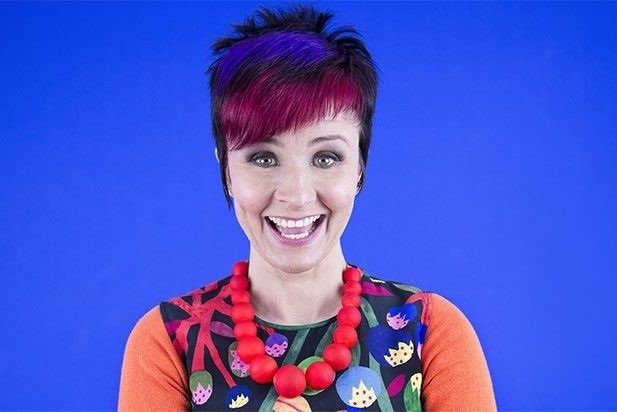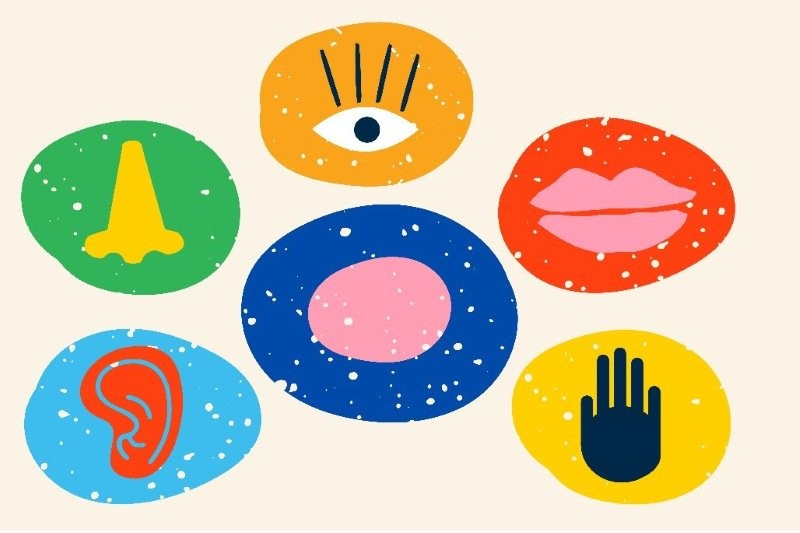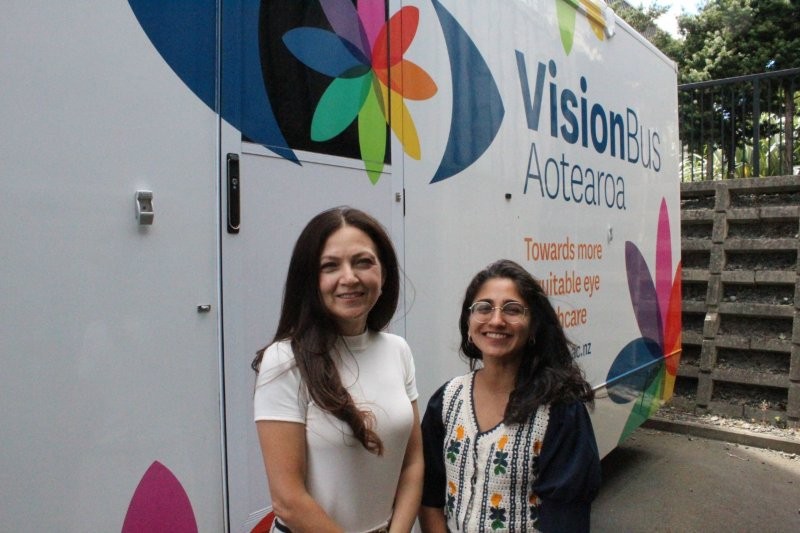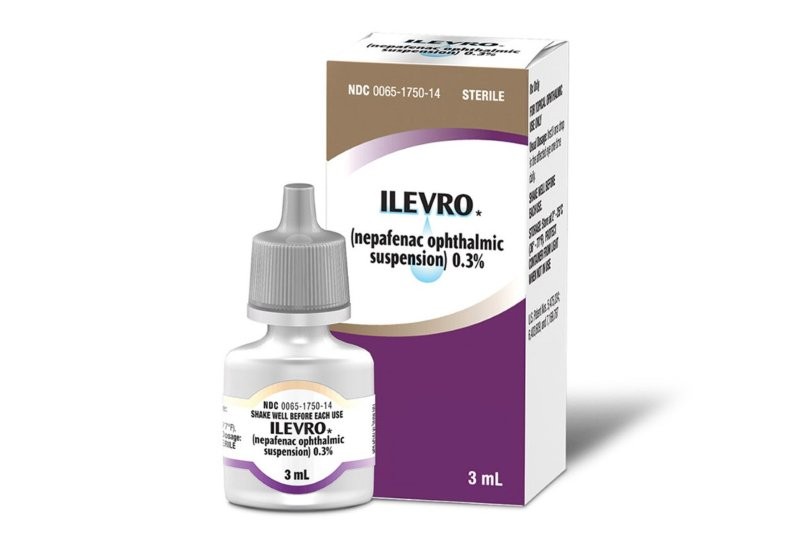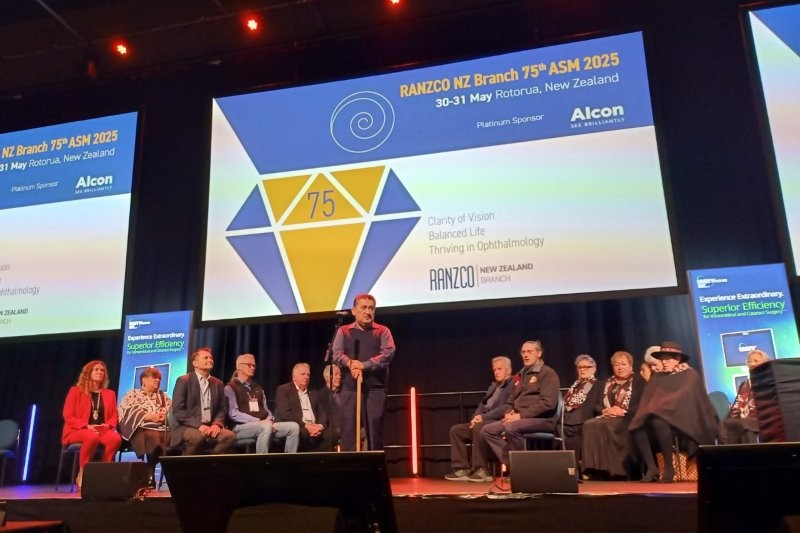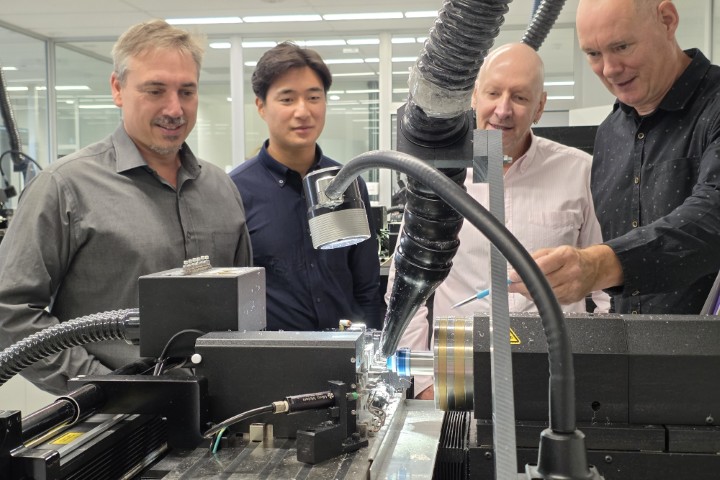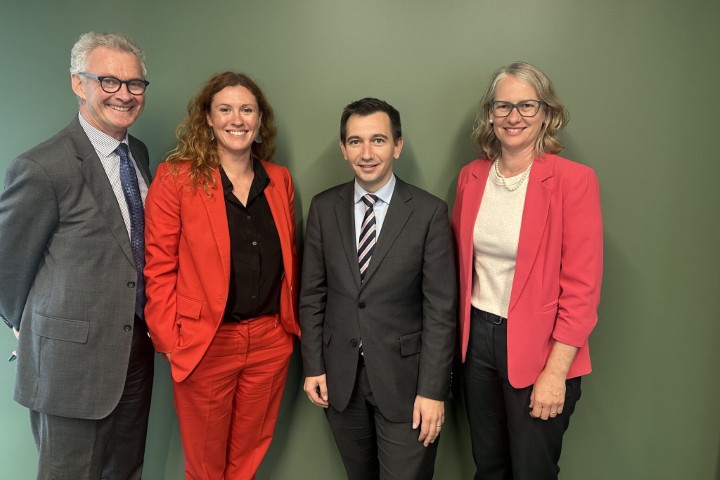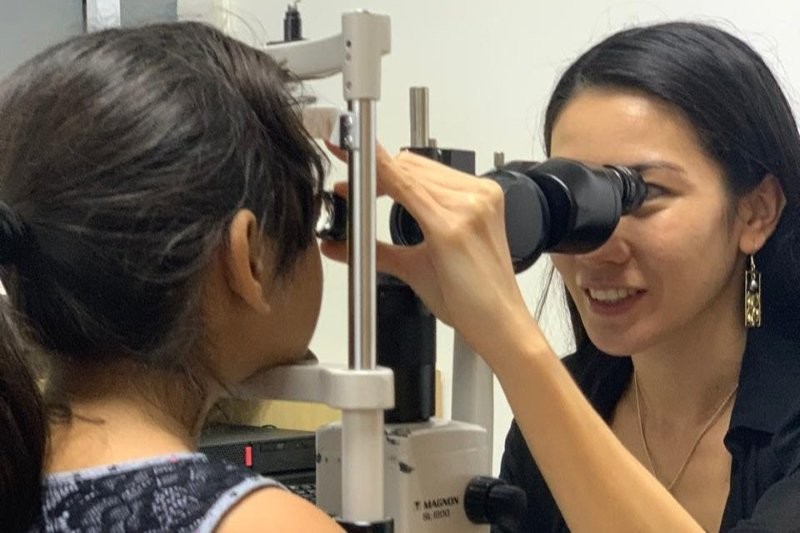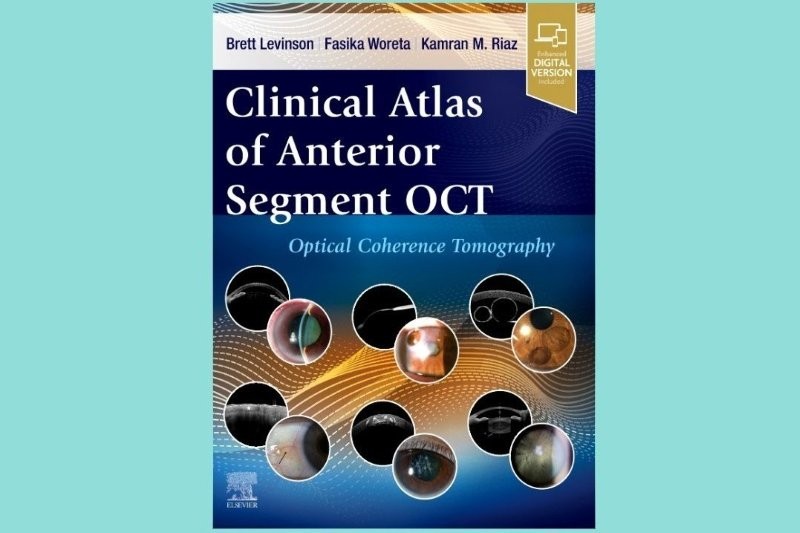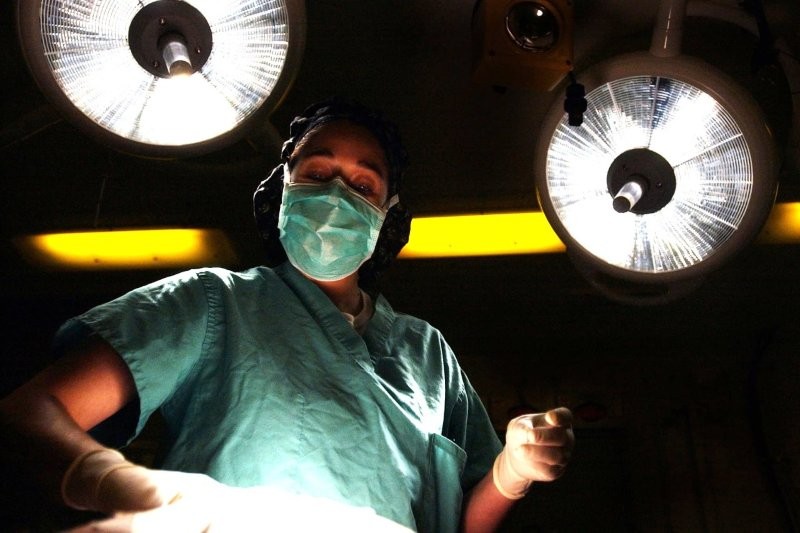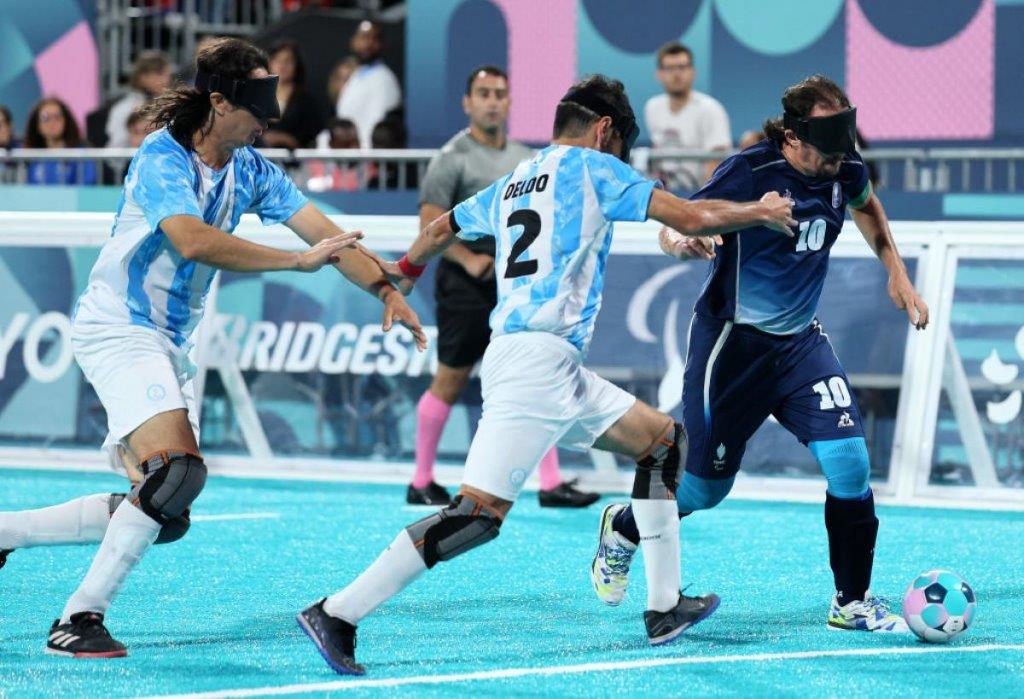Optometry no longer needs feminism?
In 2021, the International Women’s Day theme was #ChooseToChallenge, so Optometry Australia (OA) chose to challenge the movement of feminism in optometry.
OA’s big debate, Optometry no longer needs feminism, was hosted by the iconic Kiwi stand-up comic and author Cal Wilson. I grew up watching her sharp, quick-witted and good-humoured banter on Rove Live and Thank God You’re Here, so it was surreal to hear her deliver jokes about optometry, even though she didn’t quite interpret the concept of a PD correctly! (The idea that it’s the distance between the patient and practitioner’s eye is far more entertaining.)
The debate’s ‘for’ team included LGBTIQ advocate Sue Webeck and optometrists Rachel Sommer and Sujan Hong. What I liked about including Sue was that she emphasised the importance of acknowledging intersectionality - the way aspects of a person’s physical, social and political identities combine to create different modes of discrimination and privilege. We can’t really address feminism and optometry without considering sexuality, age, racial identity and ability. I wish Sue had been able to share more of her perspective but batting for the opposing team limited her somewhat! Watching her microexpressions as she bit her lip to toe her team’s line was transfixing.
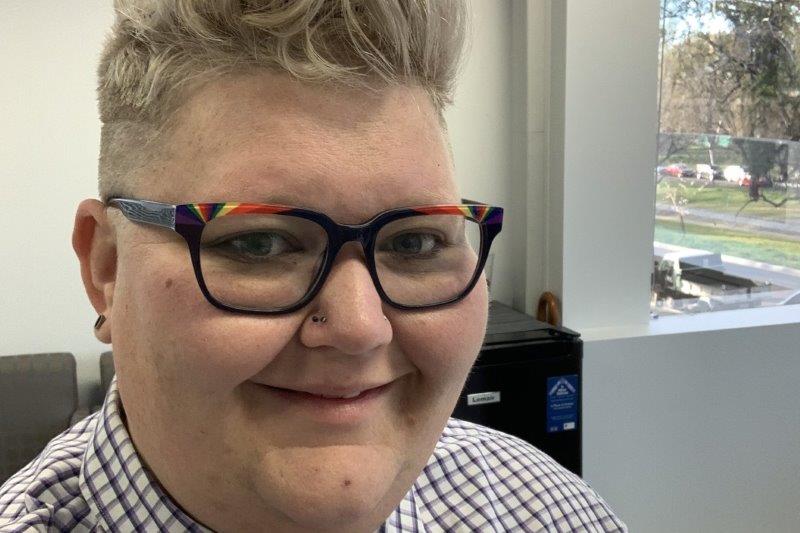
LGBTIQ advocate Sue Webeck
Rachel Sommer also made some interesting points for the ‘for’ team, such as noting that recently there has been an 8% increase in the number of women in the field of optometry. Her rebuttals of “give us a smile” and “lighten up” were a knowing nod to a survey of more than 500 women that reported 98% of them had been told to smile at work; women also reported high levels of ‘softening’ their language so that they would come off as less aggressive in the workplace². This polite-intending microaggression actually holds women to a double standard and can affect their confidence and gusto in their workplace, optometry included!
Regrettably, Sujan was the only person of colour in the debate, which limited its depth. An interesting point she made, however, was based on the cultural principles of being industrial and driven. I found myself agreeing with her that being a hard worker will allow you to succeed, no matter what your labels are. Having said that, I feel very passionate that we must look at systematic/institutionalised discrimination³.
The ‘against’ side of the debate was led by lawyer-turned-journalist and passionate gender equality advocate Georgie Dent, supported by optometrists Laura Carson and Ben Hamlyn, OA’s policy advisor. Dent reminded us that this debate is not just about the pay gaps in our ecosystem (the gender pay gap for ophthalmologists has been demonstrated to be 61%⁴), but also about progressive policy that extends far beyond optometry. For example, there is poor support for working parents - Australia is the fourth most expensive country in the world for childcare, there’s only 18 weeks of parental leave at minimum wage and there’s no legal protection for those who go on maternity leave, with employers legally allowed to alter employment terms, diminishing job security. These factors, along with societal concepts of femininity, contribute towards families becoming one-income households with women effectively corralled into becoming stay-at-home mums, particularly during their peak-earning years.
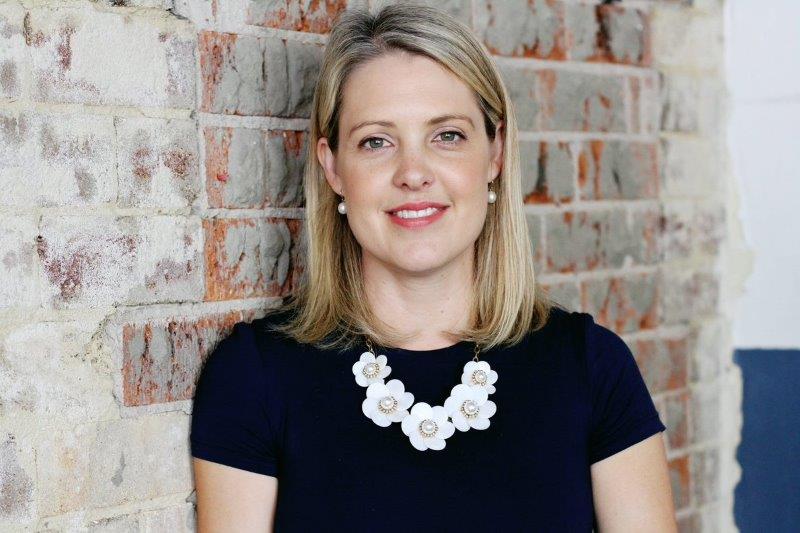
Gender equality advocate Georgie Dent
Funnily enough, the last word on the debate came from a man. Hamlyn explained that there are far more men who present at conferences and own practices; there’s a 13% gender-pay gap between graduating professionals and a 39% pay gap for professionals⁵. While there is no explicit data on optometry, our colleagues’ anecdotes suggest the same can be inferred for our profession.
For me, the debate’s take-home message was the notion that gender equity is not the same as feminism. Feminism is the advocacy of women's rights on the grounds of the equality of the sexes and equality means each individual or group of people is afforded the same access to resources or opportunities. Equity recognises that each person has different circumstances and allocates the exact resources and opportunities needed to reach an equal outcome. I know that I am not the same as a man and that we each have our own strengths, biology and expectations. I feel that optometry is a progressive and amazing field, but I also believe that we still need to take strides towards achieving equity.
References
1. intersectionality-conservatism-law-race-gender-discrimination
3. what-is-systemic-discrimination
4. ceo.13487
https://pubmed.ncbi.nlm.nih.gov/33248156/
5. australias-gender-pay-gap-statistics
Australian-based optometrist Layal Naji is a lecturer of optometry at the University of Canberra and co-founder of the outreach optometry clinic at the Asylum Seekers Centre in Newtown, Sydney.










